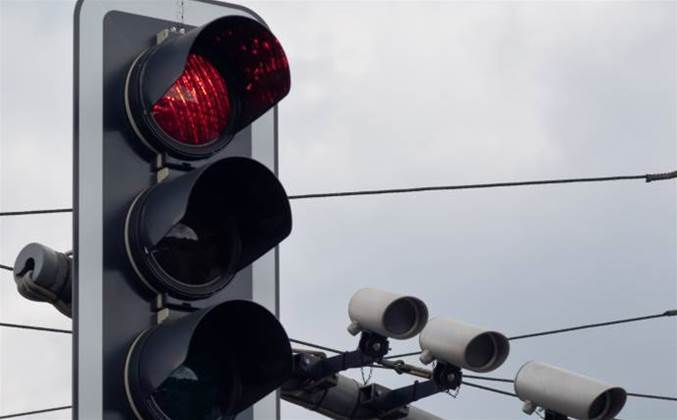Unions are poised to directly challenge driverless and automated transport trials and rollouts across Australia after the national head of the powerful Transport Workers Union (TWU) warned of “catastrophic” consequences unless regulation of artificial intelligence is quickly tightened.

Secretary of the TWU, Tony Sheldon, has signalled the union will push for much tighter regulation and debate around automation and AI driven systems across the sector.
That position on the issue could act to slow the deployment of ‘driverless’ vehicles as governments and industry currently undergo trials in states like South Australia.
“Economics is driving the push for artificial intelligence, not voters and not the community. There is no input into the introduction of this technology onto our roads and into our homes which is taking ethical or social issues into account,” Sheldon said on the sidelines of the NSW Labor Conference.
Sheldon’s comments are significant because they signal that key powerbrokers want a handbrake quickly applied by state and federal Labor to automation rollouts in the run-up to the next election.
It also positions the topic of automation and technology job losses as a key campaign issue that points to a distinctly dystopian future where tech drives humans rather than humans controlling their own lives.
“Widespread loss of jobs, wage polarisation and horrific road incidents, where machines are allowed to decide who dies in a crash, could unfold if the current unwillingness to consult and regulate continues,” the TWU told the weekend conference.
Sheldon’s selection at the top of the forthcoming NSW Senate ticket is also widely anticipated, although it is still to be officially confirmed.
The strong position has wide implications for public transport across Australia where driverless trains are gradually expected to take over from manually driven rolling stock as ‘metro’ style systems are deployed similar to Europe.
Stiff union resistance was a key element in the decade long saga to get a smartcard ticketing system into public transport in NSW, with the infamously junked tCard debacle producing little more than litigation and a huge bill.
While parts of the rail division of the NSW Rail Tram and Bus Union loathed smart ticketing, bus drivers largely supported it because they did not want to carry cash owing to the risk of driver assaults.
Since then the Opal card has been deployed with commuters widely embracing the technology because of its queue-busting capabilities.
Sheldon, however, is warning that not all technology rollouts have a happy ending.
“Do we want a machine deciding to save the occupant of a car by ploughing into a crowd of people? Should a computer be programmed to crash into an elderly by-stander on a pavement or kill the child who has just run out onto the road?” the TWU chief said.
“These are the issues other countries are examining and dealing with. In Australia we cannot allow wealthy companies to decide these issues for us,” Sheldon added.


_(20).jpg&h=140&w=231&c=1&s=0)

_(23).jpg&h=140&w=231&c=1&s=0)






 iTnews Executive Retreat - Security Leaders Edition
iTnews Executive Retreat - Security Leaders Edition
 Huntress + Eftsure Virtual Event -Fighting A New Frontier of Cyber-Fraud: How Leaders Can Work Together
Huntress + Eftsure Virtual Event -Fighting A New Frontier of Cyber-Fraud: How Leaders Can Work Together
 iTnews Cloud Covered Breakfast Summit
iTnews Cloud Covered Breakfast Summit
 Melbourne Cloud & Datacenter Convention 2026
Melbourne Cloud & Datacenter Convention 2026
 The 2026 iAwards
The 2026 iAwards












_(1).jpg&h=140&w=231&c=1&s=0)



